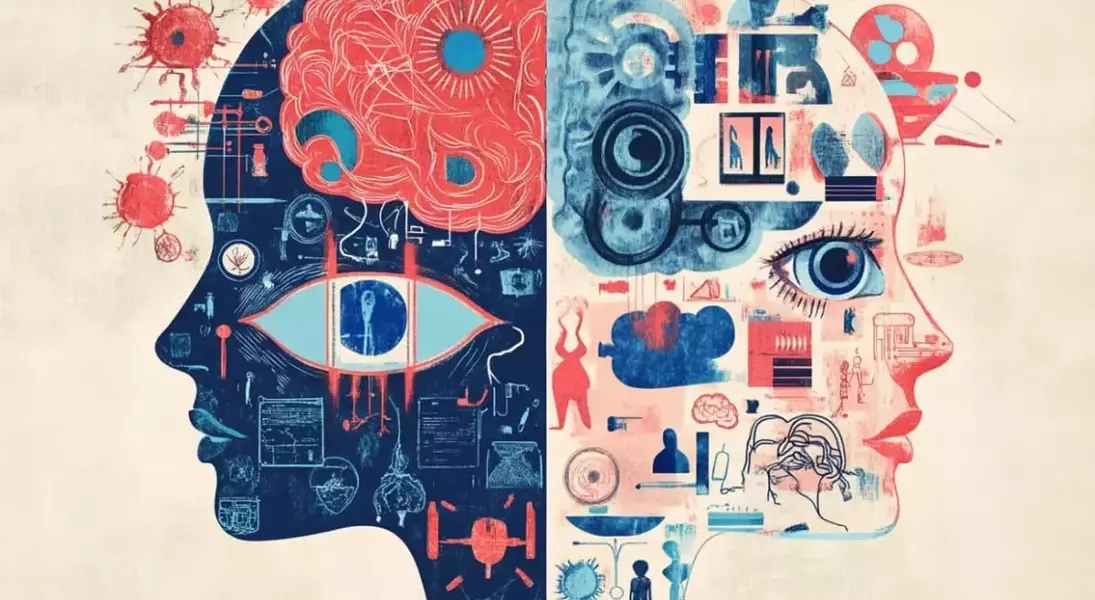
A recent comprehensive study uncovers a significant relationship between early-onset neurodevelopmental disorders with language-related symptoms and non-right-handedness, including left- and mixed-handedness. This meta-analysis emphasizes that certain conditions, such as dyslexia, autism, and schizophrenia, are notably linked to increased rates of non-right-handedness compared to other disorders like depression that manifest later in life. The findings suggest that the timing of developmental disruptions plays a crucial role in shaping handedness patterns.
According to the research team, these connections stem from shared processes during the early stages of brain development. Both language abilities and handedness are determined early in life, which explains why disorders affecting these areas often co-occur with atypical handedness patterns. For instance, individuals with dyslexia, a reading disorder, show statistically higher rates of left- or mixed-handedness. Similarly, autism and schizophrenia, which involve communication difficulties and auditory hallucinations, respectively, also demonstrate strong associations with non-right-handedness. The earlier the onset of these conditions, the more pronounced the connection appears to be.
The implications of this study extend beyond mere observation. By understanding how early brain development influences both handedness and neurological disorders, researchers can gain deeper insights into the underlying mechanisms of these conditions. This knowledge could potentially lead to improved diagnostic tools and interventions tailored to individuals showing atypical handedness patterns. Furthermore, it underscores the importance of considering developmental timelines when studying neurological disorders, highlighting the interconnectedness of various aspects of human cognition and behavior. Such discoveries pave the way for more targeted and effective treatments in the future.
